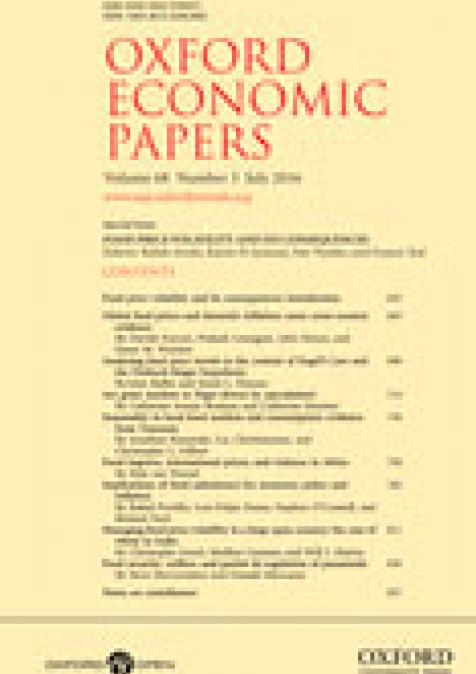Publications /
Policy Paper
Ce papier a été initialement publié sur legrandcontinent.eu
Alors que le monde n’a jamais été si interconnecté, les pays en développement sont confrontés à un paysage économique de plus en plus complexe et souvent hostile, façonné par trois grands groupes de contraintes politiques distinctes. Premièrement, la montée des tendances protectionnistes parmi les grandes puissances a rendu l’environnement mondial plus difficile, en particulier parce que les économies avancées se tournent de plus en plus vers les politiques industrielles pour atteindre des objectifs économiques spécifiques et que l’intensification des rivalités géopolitiques conduit à la restructuration des chaînes de valeur mondiales et au regroupement des pays en blocs économiques. Deuxièmement, alors que la demande de services publics n’a jamais été aussi forte, la marge de manœuvre des pays en développement en matière de politique macroéconomique s’est considérablement restreinte après qu’une série de crises — de la crise financière mondiale au Covid-19 en passant par les chocs de prix sur les matières premières — a épuisé les ressources budgétaires des gouvernements. Troisièmement, les progrès technologiques rapides sont perturbateurs, rendant obsolètes les réformes politiques traditionnelles en faveur de la croissance et de la transformation structurelle, nécessitant une expérimentation politique dans des domaines nouveaux et inexplorés.
Ces trois groupes de contraintes politiques ont créé une tempête parfaite pour les pays en développement. Dans cet article, nous nous proposons d’examiner l’impact multiforme de ces changements mondiaux sur les options de politique économique dont ils disposent. Actuellement, ces pays sont confrontés au défi de fonctionner sans un cadre clair et cohérent pour leurs politiques et stratégies de développement. Cela a conduit à un changement de paradigme caractérisé par le « chacun-pour-soi », qui se traduit par l’absence d’objectifs ou d’instruments politiques clairs pour naviguer dans cette nouvelle réalité. Une telle approche n’est pas viable et présente des risques importants pour la stabilité économique mondiale et le développement inclusif. Une alternative est néanmoins possible : un cadre de politique économique solide, nuancé et adapté, qui réponde aux défis uniques des pays en développement tout en tirant parti de leurs forces et de leur potentiel inhérents.








